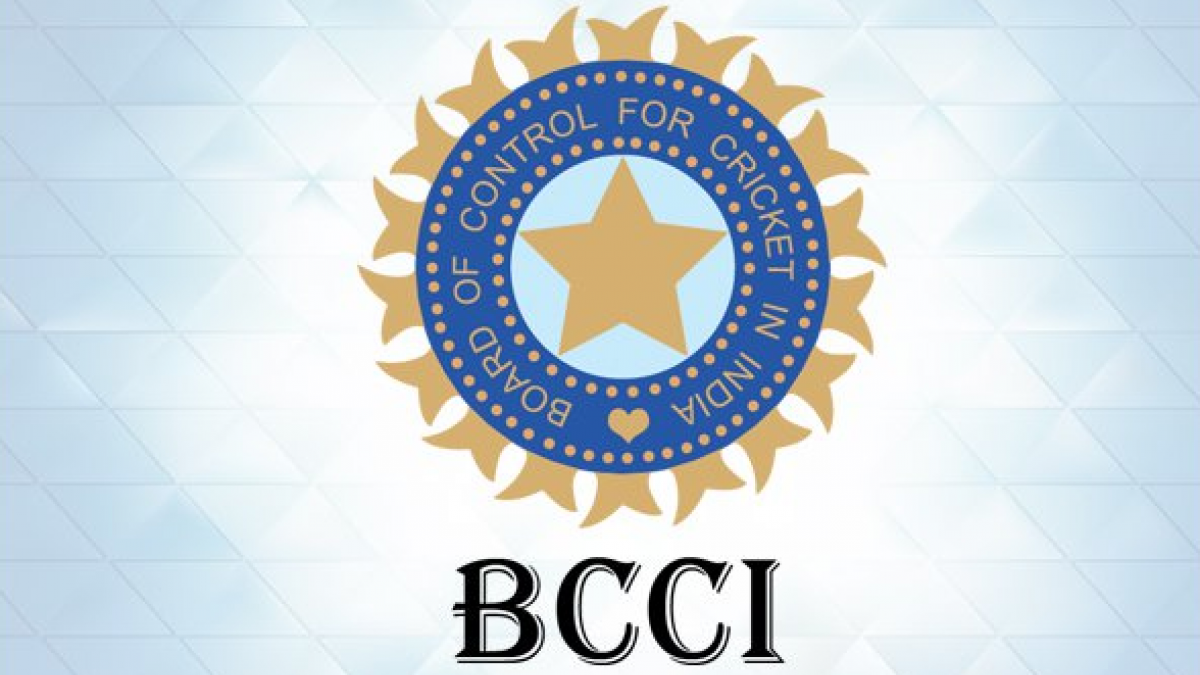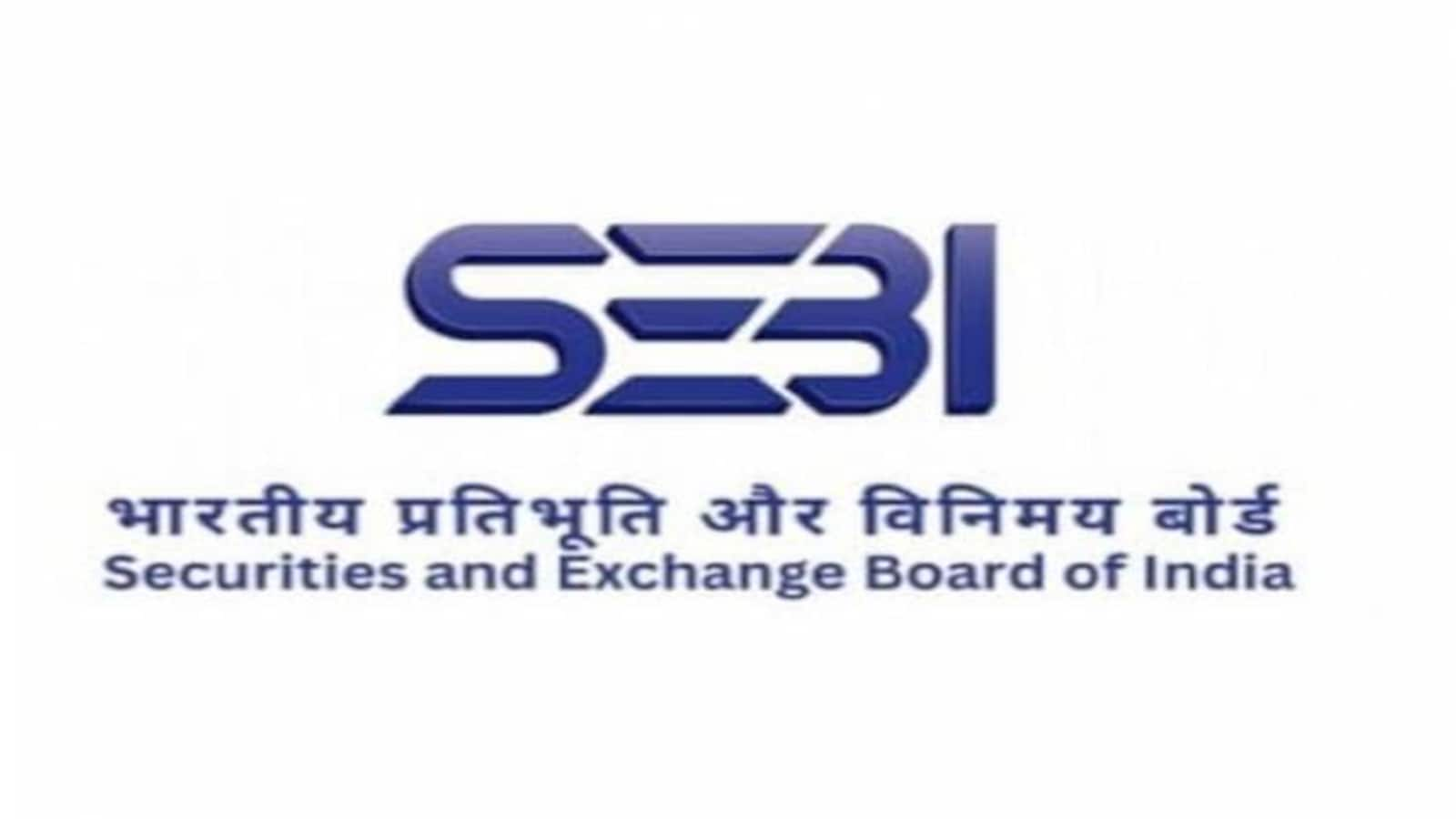
In a diverse and dynamic nation like India, its people and esteemed organizations play a pivotal role in shaping the country's destiny. From driving economic growth to exploring the cosmos, regulating financial markets ensuring food safety, and safeguarding the democratic process, these institutions stand as pillars of progress.
Let’s delve into the blog and learn about India's top 10 premium organisations, each with a unique mission and a profound impact on the nation.
1. Niti Aayog
/content-assets/825326da675f40c8a44aa5cf615937c8.jpeg)
-
In the context of Indian Federalism and cooperation, Niti Aayog stands as a pivotal institution with a mission to propel India towards sustainable and inclusive development.
-
Established on January 1, 2015, Niti Aayog, short for the National Institution for Transforming India, represents a departure from the traditional Planning Commission, ushering in a new era of responsive policy formulation.
-
This institution plays a crucial role in charting the course of India's economic growth and development.
-
Niti Aayog's multifaceted objectives are designed to foster growth and equitable development. To cultivate a shared vision of national development priorities, sectors, and strategies with active state involvement. To promote cooperative federalism through structured support and initiatives with the states, recognizing that strong states are the building blocks of a robust nation.
Chairperson: The Prime Minister of India is the Chairperson, guiding the institution's policies and directions.
Chief Executive Officer (CEO): Appointed by the Prime Minister, the CEO holds a pivotal role in implementing Niti Aayog's vision.
Headquarters: New Delhi
Year Incorporated: 1st January 2015
2. NABARD (National Bank for Agriculture and Rural Development)

-
NABARD, an apex development bank owned by the Government of India was set up under an Act of Parliament for supporting and promoting agriculture and rural development. NABARD, an apex development bank owned by the Government of India was set up under an Act of Parliament for supporting and promoting agriculture and rural development.
-
Established in 1982, this apex development bank has been instrumental in ushering in sustainable and equitable agriculture and rural development. NABARD's journey, spanning over four decades, is marked by financial inclusion, infrastructure development, technological advancements, microfinance promotion, and rural entrepreneurship, among other key achievements. Under the visionary leadership of Shri B. Sivaraman, former Member of the Planning Commission, CRAFICARD paved the way for the creation of NABARD.
-
Act 61 of 1981 saw the Parliament's approval of NABARD's establishment, with a unique focus on credit-related issues linked with rural development.
-
NABARD assumed the agricultural credit functions of the Reserve Bank of India (RBI) and the refinance functions of the Agricultural Refinance and Development Corporation (ARDC).
-
On November 5, 1982, the late Prime Minister Smt. Indira Gandhi dedicated NABARD to the service of the nation.
Chairperson: Shri Shaji K V
Headquarters: Mumbai
Year Incorporated: 12th July 1982
3. ISRO

Perhaps one of India’s most trending and prestigious organisations, the Indian Space Research Organisation (ISRO) emerges as a shining star on the horizon. This prestigious organization has propelled India's presence in the global space arena and continues to inspire awe with its remarkable achievements.
-
Indian Space Research Organisation (ISRO) is India's premier space agency.
-
Founded on August 15, 1969, it traces its roots back to the Indian National Committee for Space Research (INCOSPAR), initiated in 1962 by visionary Dr. Vikram A. Sarabhai.
-
ISRO operates under the Department of Space (DOS), Government of India.
-
Key areas of focus encompass space systems for communication, television broadcasting, meteorological services, resources monitoring, and space-based navigation services.
-
Satellite launch vehicles, including the PSLV (Polar Satellite Launch Vehicle) and GSLV (Geosynchronous Satellite Launch Vehicle), have been developed to position satellites in their designated orbits.
-
ISRO is steered by its Chairman, who also serves as the Secretary of DOS and the Chairman of the Space Commission – the supreme body responsible for shaping policies and overseeing the implementation of India's Space Programme.
Read our blog on India's Chandrayaan Odyssey: From Chandrayaan 1 to Chandrayaan 3 to learn more about the remarkable achievements of India’s Pride - ISRO
Chairperson: S. Somnath
Headquarters: Bengaluru
Year Incorporated: 15th August 1969
4. RBI

India's economic capacity is anchored by this organization that works relentlessly to maintain financial stability and facilitate economic growth. The Reserve Bank of India (RBI), stands as a pillar of strength in the nation's financial landscape.
-
RBI is a "full-service" central bank, undertaking various critical functions.
-
Inflation Control: Mandated to control inflation.
-
Government Borrowings: Manages borrowings of the Government of India and state governments.
-
Regulation and Supervision: Supervises and regulates banks and non-banking finance companies.
-
Currency Management: Manages the currency and payment systems.
-
Monetary Policy: Formulates, implements, and monitors India's monetary policy to maintain price stability and ensure credit flow to productive economic sectors.
-
Currency Issuer: Issues and manages the national currency, ensuring a reliable supply of notes and coins.
Current Chairperson: Governor Shaktikanta Das currently holds the position of Governor.
Headquarters: Mumbai
Year Incorporated: 1st April, 1935
5. BCCI

-
Cricket in India isn't just a sport; it's a religion, a way of life, and an integral part of our culture. In India, the responsibility for this religion lies on the shoulders of the Board of Control for Cricket in India (BCCI).
-
The story of BCCI starts in the most unexpected of places, with a British ship dropping anchor off the coast of Kutch in western India in 1721. Onboard, British sailors were enjoying a game of cricket, marking the earliest recorded reference to cricket in India. Little did they know that this simple game would evolve into a nationwide obsession.
-
The establishment of BCCI was a monumental moment in Indian cricket. It was officially formed in 1928, with Grant Govan as the first President and Anthony De Mello as the first Secretary. The BCCI's tireless efforts led to India being admitted as a Full Member of the ICC.
-
The BCCI's impact extended beyond the cricket field. Its successful bid, alongside Pakistan, to host the 1987 Cricket World Cup marked a turning point. This event showcased India's organizational capabilities and set the stage for cricket's globalization.
Current President: Roger Binny
Headquarters: Mumbai, India
Year Incorporated: 1928
6. IRDAI

-
The Insurance Regulatory and Development Authority of India (IRDAI) stands as a vital institution in the field of the Insurance and Financial sector of India. Formed in 2000 as an autonomous body, the IRDAI plays a crucial role in shaping and nurturing the insurance industry in the country.
-
The genesis of IRDAI can be traced back to the recommendations of the Malhotra Committee report in 1999.
-
It was in response to these recommendations that IRDAI was established, marking a significant step in the regulation and development of the Indian insurance sector. Since then, IRDAI has played a pivotal role in ensuring the smooth functioning of the industry.
-
IRDAI derives its authority from the Insurance Regulatory and Development Authority Act, 1999 (IRDA Act, 1999). This Act, along with the Insurance Act, of 1938, serves as the backbone of the regulatory framework governing the insurance sector in India. Under these legislations, IRDAI is entrusted with the power to frame regulations that define the regulatory framework for overseeing insurance entities.
-
The primary responsibilities of IRDAI are clearly outlined in Section 14 of the IRDA Act, 1999. These duties encompass a broad spectrum of objectives aimed at safeguarding the interests of policyholders and promoting the growth and stability of the insurance industry in India.
Chairperson: Shri Debasish Panda
Headquarters: Hyderabad
Year Incorporated: 2000
7. SEBI

-
In the dynamic world of financial markets, the Securities and Exchange Board of India (SEBI) has the responsibility of ensuring the integrity, transparency, and stability of India's securities market. Established in response to the growing need for regulatory oversight, SEBI has evolved over the years to become a cornerstone institution in India's financial landscape.
-
SEBI was born out of the need to regulate and oversee India's securities market comprehensively. Initially constituted as a non-statutory body in 1988, SEBI's journey to becoming a statutory authority was completed on January 30, 1992, with the enactment of the Securities and Exchange Board of India Act, 1992 (SEBI Act, 1992).
-
This transformation into a statutory body granted SEBI the legal authority required for effective regulation and governance of the securities market.
-
Regulatory Framework: SEBI formulates rules, regulations, guidelines, and directions for the primary and secondary securities markets. It plays a pivotal role in shaping the legal and operational framework governing the securities market.
-
Market Oversight: SEBI regulates various entities and aspects of the securities market, including depositories, participants, custodians, debenture trustees, insider trading, Foreign Institutional Investors (FIIs), merchant bankers, mutual funds, portfolio managers, investment advisors, registrars to capital issues, share transfer agents, stockbrokers, sub-brokers, underwriters, and venture capital funds.
-
Investor Protection: SEBI is committed to protecting the interests of investors in securities. It ensures that market intermediaries adhere to strict norms and practices that safeguard the rights and interests of investors.
Chairperson: Ms. Madhabi Puri Buch
Headquarters: Mumbai, Maharashtra
Year Incorporated: 1988 (Non-statutory body), 1992 (Statutory body)
8. TRAI

-
The Telecom Regulatory Authority of India (TRAI) is an important institution in the sector of Indian telecommunications.
-
Established in 1997 through an Act of Parliament, TRAI has played a crucial role in regulating and fostering the growth of the telecommunications industry in the country.
-
Its primary mission is to create conditions that facilitate the growth of telecommunications in India, enabling the nation to become a leading player in the global information society.
-
Additionally, TRAI is tasked with ensuring a fair and transparent policy environment that promotes equitable competition.
-
TRAI makes recommendations on matters such as the introduction of new service providers, revocation of licenses for non-compliance, measures to promote competition and efficiency, and technological improvements in telecommunications services.
-
TRAI ensures the compliance of license terms and conditions, technical compatibility, and interconnection between service providers, sets the quality of service standards, conducts periodic service quality surveys, and officially notifies telecommunication service rates.
Chairperson: Dr PD Vaghela
Headquarters: New Delhi
Year Incorporated: 20 February 1997
9. FSSAI

-
The Food Safety and Standards Authority of India (FSSAI) is a pivotal regulatory body responsible for ensuring the safety and standards of food products in India.
-
Established under the Food Safety and Standards Act, 2006, FSSAI consolidates various laws and orders related to food into a single authority with a focus on science-based standards and regulations.
-
FSSAI lays down science-based standards and guidelines for food products. These standards cover various aspects of food, ensuring safety and quality.
-
It regulates the manufacture, storage, distribution, sale, and import of food products to ensure the availability of safe and wholesome food for human consumption.
-
FSSAI's establishment led to the repeal of various central acts like the Prevention of Food Adulteration Act, 1954, Fruit Products Order, 1955, and others. These were replaced by the Food Safety and Standards Act, 2006.
-
FSSAI has launched several important initiatives to promote food safety and standards in India: Eat Right India, Clean Street Food, and Diet4Life.
Read our blog on FSSAI, to know everything you need to know about the Food Authority of India
Chairperson: Shri Sudhansh Pant
Headquarters: New Delhi
Year Incorporated: 5th September 2008
10. Election Commission of India
/content-assets/623f3499e5c14f2fbd8e3686c7e9eaf1.jpeg)
-
The Election Commission of India (ECI) has been instrumental in shaping the destiny of the world's largest democracy since its inception in 1950.
-
The ECI played a pioneering role in the 'Democracy Cohort on Election Integrity,' hosting three international conferences between October 2022 and March 2023 as part of this global initiative.
-
The ECI's commitment to upholding democratic principles is further highlighted by its historical significance. V. S. Ramadevi, the first lady to become the 9th Chief Election Commissioner of India, left an indelible mark on the organization during her tenure from 26 November 1990 to 11 December 1990.
-
As a permanent Constitutional Body, the Election Commission is vested with superintendence, direction, and control over the electoral process in India. The ECI determines electoral constituencies, maintains electoral rolls, schedules elections, and scrutinizes nomination papers.
-
It advises the President on matters related to the disqualification of Members of Parliament (MPs) and advises the Governor on the disqualification of Members of Legislative Assemblies (MLAs).
-
The ECI acts as a court to settle disputes concerning the recognition of political parties and the allocation of election symbols, cancels polls in cases of irregularities, and more.
Chairperson: Shri Rajiv Kumar
Headquarters: New Delhi
Year Incorporated: 25th January 1950
Conclusion
As we conclude our overview of India's top 10 premium organisations, it's evident that these organisations are not just administrative bodies; they are the architects of India's future. From the policy corridors of Niti Aayog to the frontiers of space with ISRO, from the financial stability ensured by RBI to the democratic essence preserved by the Election Commission, each institution has a vital role in India's growth story. These organizations are not just institutions; they are beacons of excellence and determination, guiding India towards a brighter and more prosperous future.
As the nation continues its journey, these premium institutes will undoubtedly remain at the forefront of India's progress, shaping the destiny of a billion dreams. Tell us in the comment section below, which of these premium institutes will be shaping India's future in the next decade.
Disclaimer: The national organisations mentioned in this blog are presented in no particular order and are not ranked based on any specific criteria.